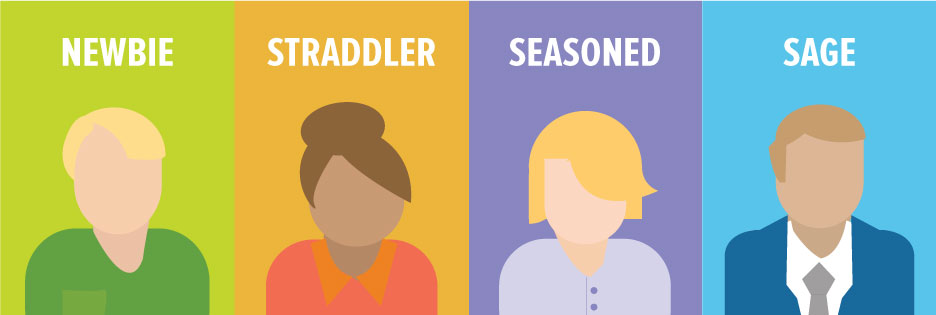
For years employers have defaulted to age as the driver in employee engagement strategies. But, age is only a part of the equation. For example, you may have two employees of a similar age at completely different stages of their careers with the same company. They may share generationally driven workplace needs, but a new hire has different preferences and motivators than someone who’s been with the company for many years. Coupled with the diverse makeup of today’s workforce, a one-size-fits-all approach to employee engagement simply doesn’t work; successful companies consider both age and career stage.
This represents a new viewpoint on employee engagement, which is defined as the emotional commitment an employee has to an organization and its goals. But, with two in five employees reporting they are completely disengaged with their current employers, a fresh perspective might be exactly what companies need to build, grow and protect their businesses.
A study conducted by SMS Research Advisors and commissioned by Padilla, surveyed 1,500 people in the workforce of varying ages, positions/levels and industries. The report offers insights into the various stages (newbie, straddler, seasoned and sage) people pass through during their careers, engagement preferences and motivators at each stage, and how to best drive engagement throughout an organization.